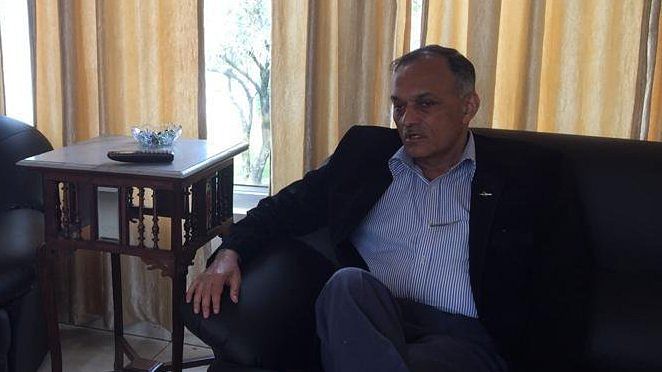New Delhi: The Army is in a “legal dilemma” over a 2018 Supreme Court order decriminalising adultery and homosexuality and could approach the court to seek a waiver from the law because it feels “what is legal may not be ethical”.
The Army’s stance was explained by outgoing Adjutant General Lt Gen. Ashwani Kumar in a rare interaction with the media Wednesday. An Adjutant General is the head of a critical wing of the Army that takes care of administrative and legal affairs. He is a Lt Gen rank officer but has five Lt Gen rank officers working under him.
In the military, ‘stealing the affections of a brother officer’s wife’ or ‘stealing the affection of a sister officer’s husband’ — a euphemism for adultery — is considered to be a serious offence which is unbecoming of an officer.
The offence is only a notch below “cowardice”, which is punishable with even death. This is because officers and jawans get posted in field areas while their families remain in cantonments. Rules are strictly enforced to ensure that soldiers focus on the job and not on welfare of his family.
Similarly, homosexuality is also looked down upon in the Army since it is felt that such acts would lead to lack of discipline when soldiers stay, train and sleep together in tents and closed environments.
“Moral turpitude and corruption cannot be accepted,” Kumar said.
In a landmark judgment in September 2018, the Supreme Court decriminalised homosexuality under the controversial Section 377 of the IPC, calling the law “irrational, indefensible and manifestly arbitrary”.
Also read: It’s not a crime to be a homosexual in India anymore
Adultery or Unbecoming Conduct
Although Kumar made it clear that “anything told by the Supreme Court is the law of the land and has to be abided with”, he added the Army does have its own rules of conduct that soldiers have to follow.
Kumar said the Army Act does not specifically deal with adultery but it has a provision called ‘Unbecoming Conduct’ under which a soldier can be punished.
“We in uniform are supposed to maintain a particular conduct. We charge sheet an officer under Army Act Section 45 for violation of that conduct,” he said.
Section 45 of Army Act deals with ‘Unbecoming conduct’. This is explained as “Any officer, junior commissioned officer or warrant officer who behaves in a manner unbecoming his position and the character expected of him shall, on conviction by court- martial, if he is an officer, be liable to be cashiered or to suffer such less punishment as is in this Act mentioned; and, if he is a junior commissioned officer or a warrant officer, be liable to be dismissed or to suffer such less punishment as is in this Act mentioned”.
“We have enough provisions to otherwise charge sheet. Something which has been ruled by the Supreme Court cannot be construed as an offence. Supreme court has decriminalised adultery but I am not charging him with adultery,” he said.
“There is a certain line. Something which is legal may not be ethical. Something which is ethical, may or may not be legal,” he said.
Kumar said before he took over as Adjutant General in 2017, Army chief General Bipin Rawat had told him that he wanted to see at least five-six officers going home because of “moral turpitude and corruption”.
“Chief had put a target. The cases were known… we knew how many proceedings were on. He said, ‘Ashwani, before my tenure finishes, five-six should go’. I said, ‘more will go’. I can tell you that more have gone,” he said.
Also read: Army, Air Force & Navy studying each other’s laws to bring into effect Joint Services Act
